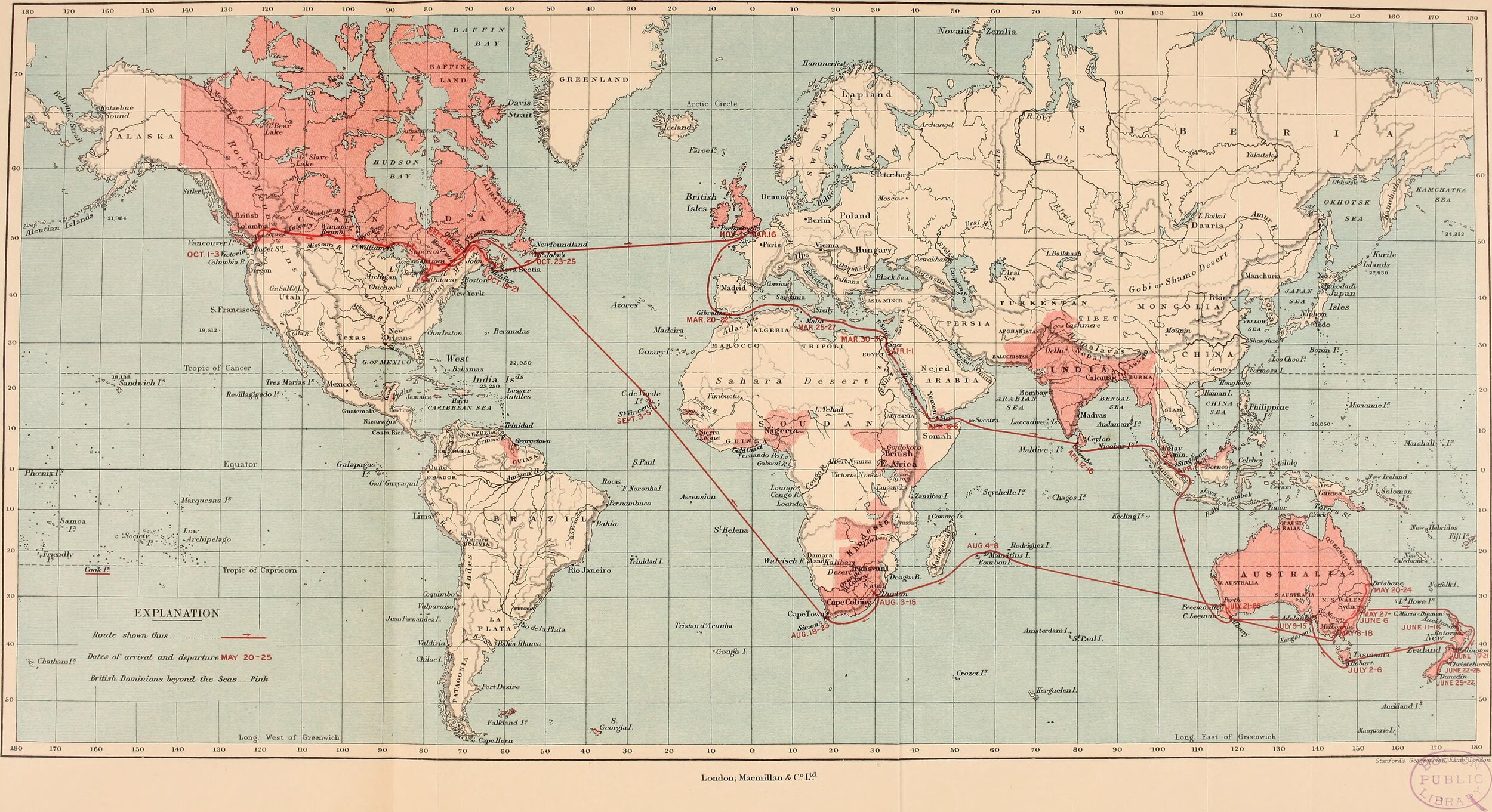
Part 5:
1945 to 2020: The Big Picture
#72 Economic Recovery in Europe 1945-1971: The European Union and the Welfare States
In the stable wealthy parts of Europe & North America, a small portion of the increase in wealth created after 1945 has moved and spread itself further down the line to the new middle classes. The issue I was concerned to express was the overall direction of wealth distribution across the world after 1945; powerful literature has grown up to challenge the status quo.
#69 Development Aid: The Master Stroke
The mechanics of the West German recovery is a tale rarely told. The Marshall Plan was the means through which the Americans channelled money for the recovery of all states in Europe in the Western sector and Japan. The USA had 80% of the world’s gold supply, so could well afford the largesse needed by all the collapsed economies. Over the four years, $13 billion (equivalent to well over $100 billion today) or 0.5% of the USA Gross Domestic Product (GDP) was channelled into dollar-starved Europe
#68 The Marshall Plan: Protecting Europe from Communism
The Marshall Plan had several purposes. First, the American economy needed outlets for export, and second, the entire European and Japanese economies were in ruins and debt from the war. The Marshall Plan provided much-needed trading dollars. The plan was also intended to counter the attractions of Soviet Communism and probably saved western Europe from following a socialist path. The infrastructure of Europe, including a large number of homes and factories, had been destroyed by the war.
#66 Controlling the Peace: the Soviets and the USA’s Wish for a Cooperative Peace
The economies and politics of all nations at war were shattered; the only exceptions were the USA, the USSR, and the UK who all had maintained their political systems. The economies of the UK and USSR were in pieces. The USA had not only not been invaded, but she had also lost the least number of men. Throughout all of this, her economy had been strengthened. When we compare this with the loss suffered elsewhere: the Russians had lost 20 million-plus, men women and children; the British had lost 375,000 men; the Japanese lost between 2 and 3 million people; the USA had lost 405,000 men or 2.0% of the Soviet losses.
#65 Controlling the Peace: Loss, Re-establishment, Chaos and Hunger
It is worth pausing in this narrative to consider the loss of world power. Britain had not been militarily defeated in 1945. Her ruling elites have never admitted publicly that they had lost the most important item that they had fought for: the opportunity to extend their global colonial power alongside the USA. That statement alone is of course contentious. It was easier to glorify in being on the winning side and to argue in public that they had fought for high principled reasons to maintain the islands freedoms.
Both Britain and France had fought for 400 years to obtain 'global world power'. French and British ruling cadres were immensely proud of this history. The French fought the Vietnam and the Algerian wars in the 1940s to retain their self-image as a great nation. The British had attempted to retake the Suez Canal after it was nationalised by Nasser in 1956. This all ultimately failed and ended in humiliation.




